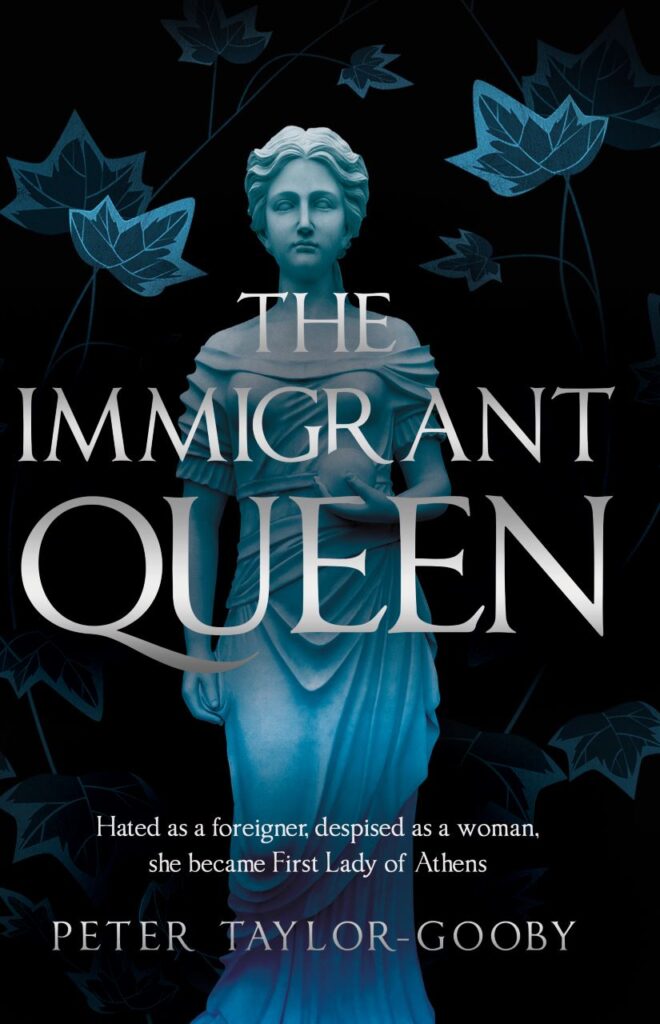Africaville
Colvin’s debut novel, a literary saga spanning over seventy years, is as much about the legacy of a place as the place itself. The story follows the lives of three generations of Black Canadians. Kath Ella Sebolt, a young woman during the Depression, leaves her home behind for a career in Montreal; her son, Omar/Etienne, distances himself further from his origins, passing as a white man in the Deep South; and his son, Warner, makes astonishing discoveries about his ancestry and reaches out to reconnect with it. In addition to their familial ties, linking them together is a shared heritage in – and estrangement from – Woods Bluff, a Black neighborhood of Halifax, Nova Scotia.
Little by little, Colvin intertwines his characters’ experiences with details of his setting’s unique history (which is based on the real-life village of Africville), beginning with its original settlement by formerly enslaved Jamaicans and Americans in the late 18th century. The novel delves into the close-knit society of Woods Bluff’s many residents, focusing on their day-to-day concerns, including moments of rebellion and friendship, deeply felt tragedies, and their relationships with their skin color. They are all affected, in one or more ways, by prejudice and unequal treatment from the government. Despite this neglect and some internal strife, the neighborhood thrives as a close-knit community for over a century.
At first, the unadorned sentences left me observing the people from a close distance rather than drawn into their lives and emotions, but partway through, this opaqueness began to break down, and the storytelling flowed more easily. Colvin refuses to pass judgment on the characters’ decisions and simply presents them as they are, with their own personalities, flaws, and strengths. It’s a worthy story of perseverance that succeeds in illuminating a little-known slice of North American history.










